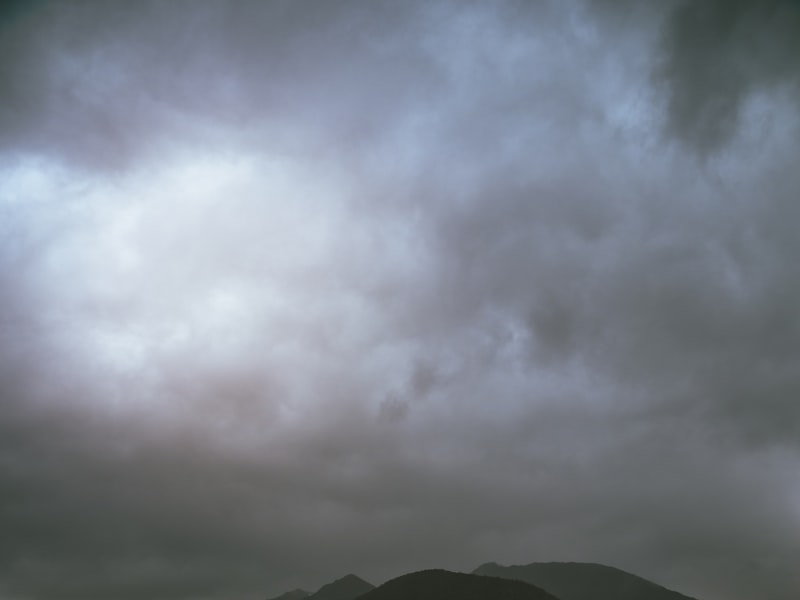Not known Facts About "DIY vs Professional Installation: Which is Better for Hurricane Protection Measures?"

Hurricanes are one of the most highly effective and harmful natural phenomena on the world. These gigantic storms can result in disastrous damages to homes, companies, and whole communities. Understanding the scientific research responsible for typhoons is crucial for keeping safe and equipped during the course of storm time.
What is a Cyclone?
A typhoon is a exotic cyclone that forms over warm and comfortable sea waters. These hurricanes are defined by sturdy winds, heavy rain, hurricane rises, and flooding. Typhoons are identified right into five types located on their wind velocity, with Category 5 being the very most severe.

How Do Hurricanes Create?
Did you see this? develop over warm ocean waters when the temperature of the water is at least 80°F (27°C). Warm and comfortable sky increases from the surface area of the water, producing an area of low tension. As the air climbs, it cools down and condenses right into clouds. The rotation of Earth induces this body to turn around a central point phoned the eye.
As even more warm and comfortable sky climbs coming from the surface area of the water, it produces an also stronger low-pressure device that sucks in more humidity and heat coming from encompassing areas. This procedure nourishes electricity into the storm's blood circulation and magnifies its winds.
How to Remain Safe During a Typhoon
Remaining risk-free during the course of a hurricane calls for prep work and awareness. Right here are some tips for keeping secure prior to, throughout, and after a cyclone:
Before a Storm:
- Create an emergency package with meals, water, batteries, torches, initial help supplies, money, essential records like tickets or ID memory cards.
- Possess an emptying strategy in place if you live in an location vulnerable to typhoons.
- Protect your house through boarding up home windows or putting up tornado shutters.
- Listen for updates on climate conditions via local area information sources or weather condition apps.
During the course of a Cyclone:
- Keep inside your home unless you have been bought to evacuate.
- Remain away coming from home windows or glass doors that could possibly smash due to high winds.
- Keep your emergency package nearby in case of energy outages or flooding.
- Stay informed of climate updates with radio, television, or social media.
After a Cyclone:
- Do not go outside until authorizations have announced it safe to do so.
- Remain away from downed power series, swamped locations, and damaged properties.
- Make use of caution when cleaning up fragments as there might be hidden dangers like pointy objects or unsafe components.
- Check-in with family members and pals to produce certain they are secure.
Verdict
Understanding the scientific research responsible for cyclones is important for staying risk-free during hurricane period. By understanding how hurricanes form and what to expect during a hurricane, you can prepare yourself and your family members for potential emergencies. Bear in mind to remain informed, take safety measures, and observe discharge purchases if needed.
